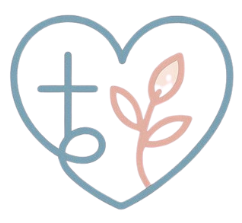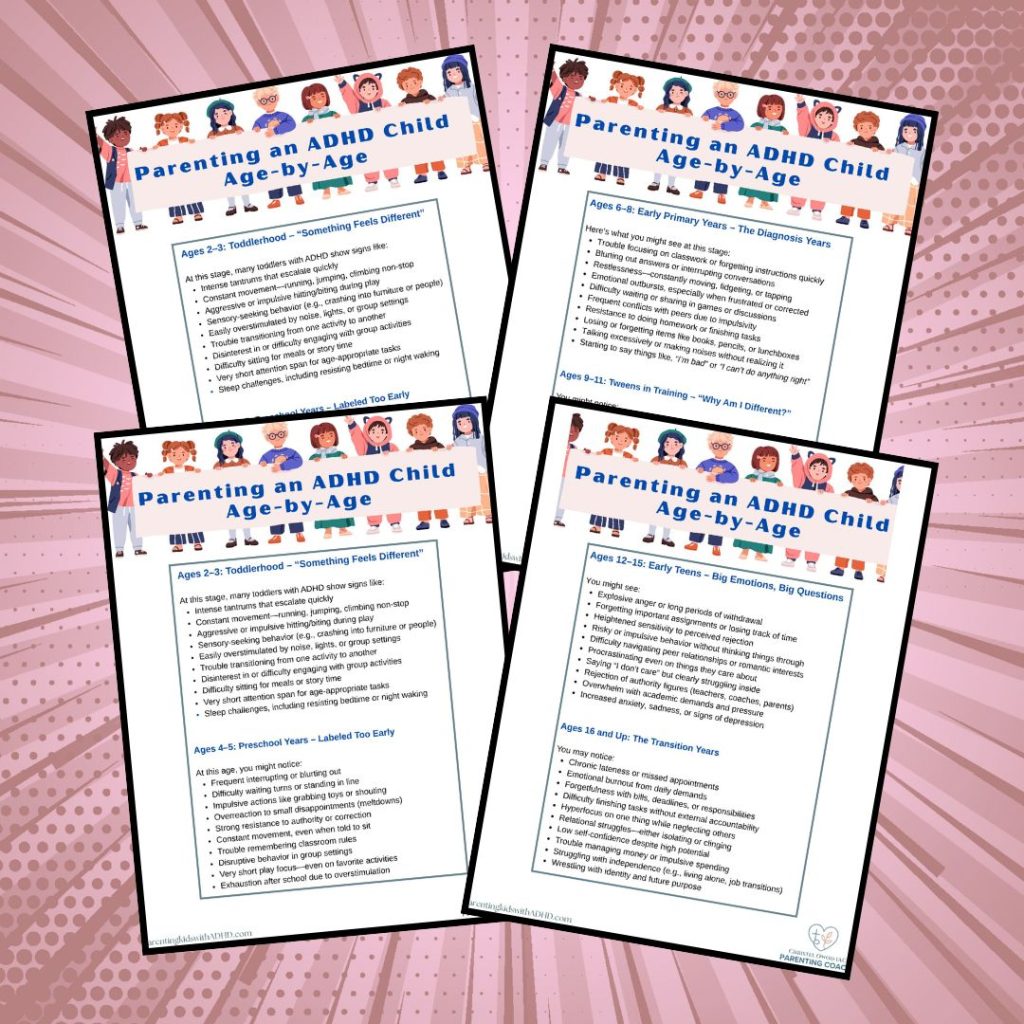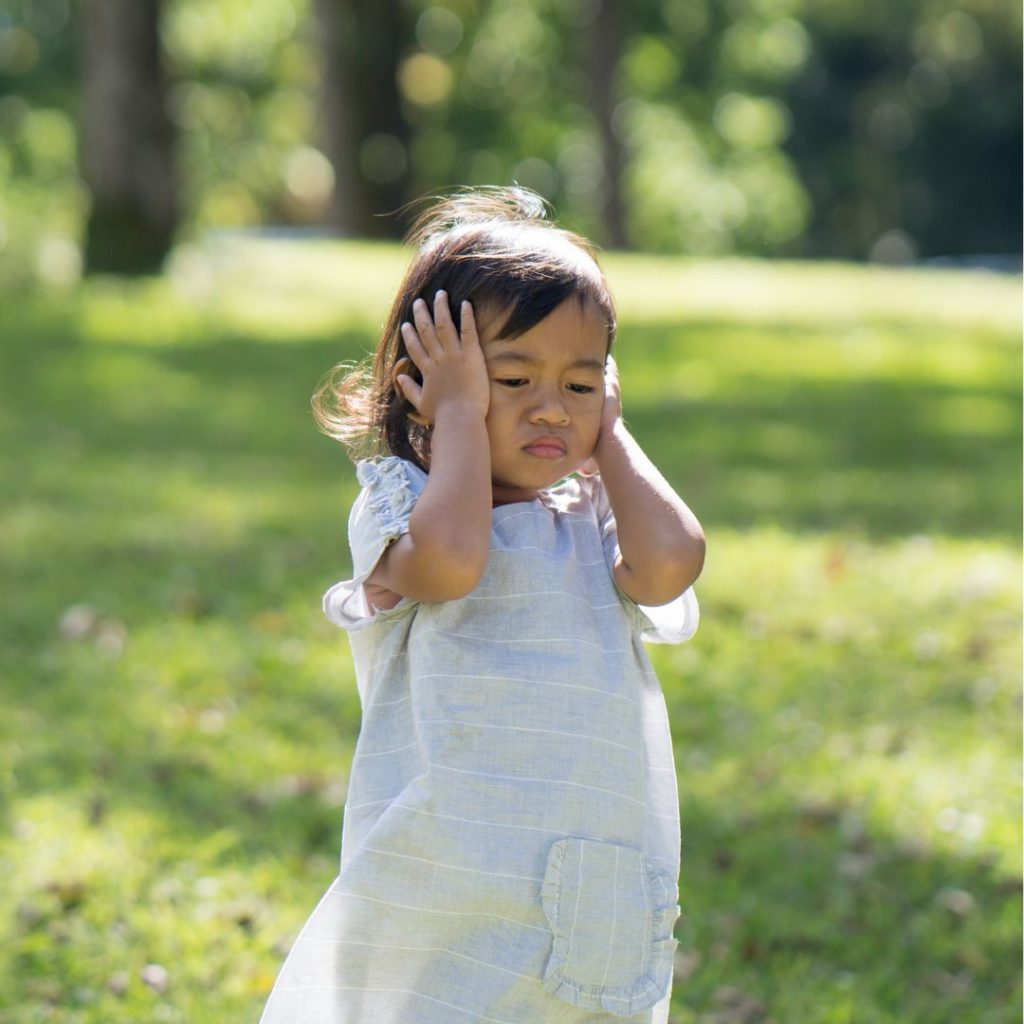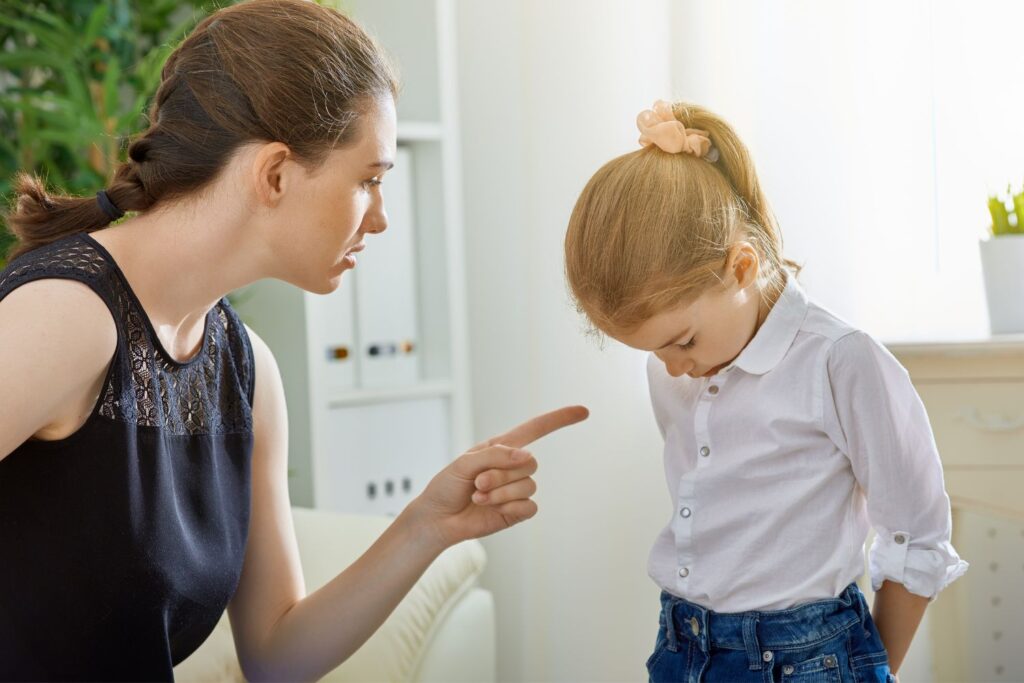Best Parenting an ADHD Child Age by Age Guide (Pdf)

Introduction
When my son was around three, I remember sitting on the edge of his bed after yet another meltdown—his, and if I’m honest, mine too. I whispered to God, “Lord, is this normal? Or is something deeper going on?” That was the beginning of my journey of parenting an ADHD child age by age.
If you’ve ever felt confused, overwhelmed, or even judged as you parent your beautifully unique child, you are not alone. This blog is for you
We’re walking through what ADHD can look like at different ages—not to diagnose, label, or limit—but to prepare, recognize patterns, and reassure your heart that there’s purpose in the process.
You’ll also find a free printable at the end of the post that gives you an age-by-age ADHD behavior overview to keep in your journal, planner, or prayer notebook.
Let’s walk this out together—one age, one stage, and one prayer at a time.
“He gently leads those that have young” Isaiah 40:11 (NIV)
At What Age Do ADHD Symptoms Show Up?
This post may contain affiliate links; at no extra cost for you, I get a small commission. Read our full disclosure here or in our privacy policy.
One of the most common questions I hear from moms just beginning this journey is, “At what age do ADHD symptoms actually start to show?”
That question matters, especially when you’re trying to understand your child’s behavior and wondering if what you’re seeing is something to keep an eye on. As we explore parenting an ADHD child age by age, it helps to know what research says about the early signs—and also, what our mama instincts have often known all along.
Experts say that while the age of onset ADHD is usually before age 12, many kids begin to show noticeable signs much earlier—often as early as 2 or 3 years old.
For some kids, the signs are subtle and grow gradually, but for others (like my son), the behavior can feel intense and confusing from the start. I remember how exhausting it felt when my boy, even as a toddler, never stopped moving, never wanted to sleep, and melted down in seconds.
Looking back, those were early signs of ADHD—but at the time, I just felt like I was failing as a mom.
So what age does ADHD develop? Officially, a diagnosis usually comes between ages 6 and 12, because that’s when the challenges tend to clash more obviously with classroom expectations. However, many parents—especially moms of boys—notice differences years earlier.
And yes, when does ADD develop? It’s the same story. ADD (now considered an outdated term, though still commonly used) is just one type of ADHD—usually the inattentive type—and can also show up in the early years, but may be overlooked because it’s less disruptive.
If you’ve been wondering whether your little one’s behaviors are “normal,” you’re not imagining things, mama. God has wired you with discernment. You’re not jumping to conclusions—you’re paying attention.
That’s wisdom, not worry.
Now, let’s walk through what ADHD often looks like at each stage of childhood—from toddlerhood into the teen years—so you can feel more equipped, more seen, and more hopeful.
These insights will also help you understand what your child wishers you’d know.
Ages 2–3: Toddlerhood – “Something Feels Different”
Toddler age is often the age when our gut starts whispering: Something’s different about my child.
For me, it was during COVID lockdown. My son was just 3, doing Zoom school—and I use that term loosely, because getting him to sit for more than two minutes was like asking a goldfish to do algebra.
He was constantly distracted, bouncing around, copying other kids’ wild behaviors on screen, and becoming more aggressive with me. He just couldn’t seem to regulate his body or his emotions.
Everyone told me, “Oh, boys are just active!” But deep down, I knew it was more than that.
At this stage, many toddlers with ADHD show signs like:
- Intense tantrums that escalate quickly
- Constant movement—running, jumping, climbing non-stop
- Aggressive or impulsive hitting/biting during play
- Sensory-seeking behavior (e.g., crashing into furniture or people)
- Easily overstimulated by noise, lights, or group settings
- Trouble transitioning from one activity to another
- Disinterest in or difficulty engaging with group activities
- Difficulty sitting for meals or story time
- Very short attention span for age-appropriate tasks
- Sleep challenges, including resisting bedtime or night waking
At this age, I already suspected ADHD, but was told “He is too young to be diagnosed as all kids this age are hyperactive.”
Most professionals won’t diagnose ADHD this young, but as moms, we often notice the signs before anyone else does.
Trust that.
And remember—God sees what others overlook. He sees you.
Ages 4–5: Preschool Years – Labeled Too Early
By this age, your child might start preschool or kindergarten. And if they’re anything like mine, the structure can feel like a straitjacket.
The sitting still, waiting turns, sharing—it’s a tall order for an ADHD brain.
When my son was four, the school started calling more often than I care to remember. And eventually I feared their calls.
Words like “aggressive,” “can’t control his impulses,” “hyper,” and “too much” were thrown around.
Eventually, we had to send a family member to shadow him in class, and still the school informally pushed him out. The pain of feeling like my child wasn’t welcome broke my heart.
At this age, you might notice:
- Frequent interrupting or blurting out
- Difficulty waiting turns or standing in line
- Impulsive actions like grabbing toys or shouting
- Overreaction to small disappointments (meltdowns)
- Strong resistance to authority or correction
- Constant movement, even when told to sit
- Trouble remembering classroom rules
- Disruptive behavior in group settings
- Very short play focus—even on favorite activities
- Exhaustion after school due to overstimulation
It’s also a stage where mom guilt starts to bloom.
You wonder what you’re doing wrong. You see the stares at birthday parties and playdates.
You apologize more than you should.
But momma, you are doing the best you can with what you know. And that’s enough for today.
Ages 6–8: Early Primary Years – The Diagnosis Years
This age group is when ADHD tends to “show up” academically and socially.
The expectations rise, but the challenges often rise higher. Kids are expected to sit for longer, pay attention, follow instructions, and self-regulate. For children with ADHD, that can feel like trying to run a marathon with a backpack full of rocks.
For us, this was a turning point.
My son entered a more supportive school, where the staff actually took time to observe and understand him. After continued challenges, he was officially diagnosed with ADHD—and honestly, I felt both relieved and crushed.
Finally, we had answers. But we also had a journey ahead.
Here’s what you might see at this stage:
- Trouble focusing on classwork or forgetting instructions quickly
- Blurting out answers or interrupting conversations
- Restlessness—constantly moving, fidgeting, or tapping
- Emotional outbursts, especially when frustrated or corrected
- Difficulty waiting or sharing in games or discussions
- Frequent conflicts with peers due to impulsivity
- Resistance to doing homework or finishing tasks
- Losing or forgetting items like books, pencils, or lunchboxes
- Talking excessively or making noises without realizing it
- Starting to say things like, “I’m bad” or “I can’t do anything right”
I remember his teacher telling me, “He’s so bright, but it doesn’t always show in his work.”
That’s the tricky thing—ADHD doesn’t mean a lack of intelligence. It means the brain needs different tools and timing to show its brilliance.
One of the hardest parts at this age?
Watching your child begin to internalize the negativity. All those corrections, red marks, and behavior charts can crush their confidence.
That’s why encouragement—genuine, specific, God-breathed encouragement—is everything. I saw firsthand how just one positive word could shift my son’s mood and effort more than ten corrections ever could.
This age is also the age that your child may start seeing differences or experience differences. And they may have feelings inside them they wish you’d know.
Wish you had someone who gets it? Someone who understands the meltdowns, the misjudgments, the mom-guilt?
That’s why I became a parenting coach for moms of ADHD kids. Let’s connect and create a new way forward—with grace, strength, and Jesus at the center.
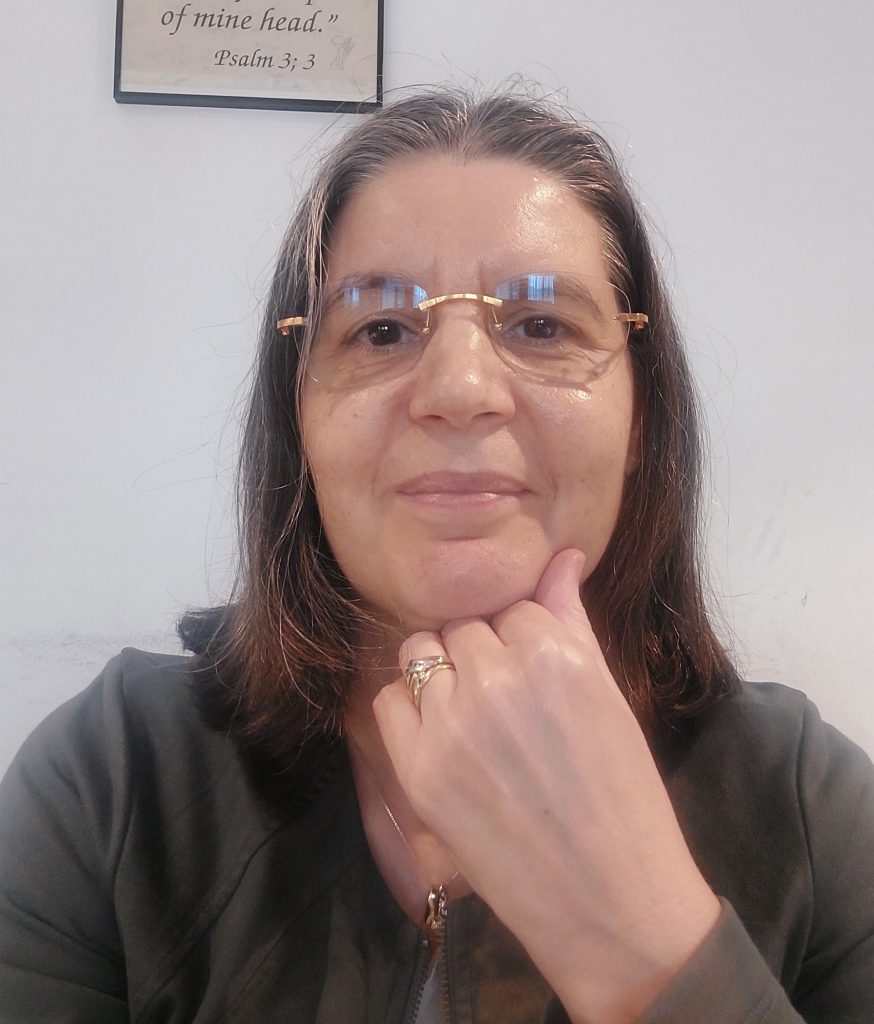
Ages 9–11: Tweens in Training – “Why Am I Different?”
As kids approach the tween years, they become more aware of their differences.
They ask hard questions and may feel shame or frustration about their challenges.
Self-esteem often takes a hit during this stage, especially if they’ve had years of negative feedback.
You might notice:
- Trouble staying organized with school supplies or assignments
- Becoming defensive when corrected or redirected
- Hyperfocus on screens, games, or specific interests
- Withdrawal from social situations or group play
- Emotional outbursts over small mistakes or failures
- Struggling to complete homework independently
- Difficulty managing time or following routines
- Comparison with peers and frustration over being “behind”
- Over-apologizing or expressing low self-worth
- Beginning to say things like, “Why am I like this?” or “I hate my brain”
It’s a tender time.
They need us not to fix everything, but to walk with them. To remind them that their identity isn’t in their performance, but in Christ.
Ages 12–15: Early Teens – Big Emotions, Big Questions
The early teen years are when hormones and ADHD collide.
Emotions may become more intense. Your child might test boundaries or pull away from you. They may even resist help or feel embarrassed about needing accommodations.
You might see:
- Explosive anger or long periods of withdrawal
- Forgetting important assignments or losing track of time
- Heightened sensitivity to perceived rejection
- Risky or impulsive behavior without thinking things through
- Difficulty navigating peer relationships or romantic interests
- Procrastinating even on things they care about
- Saying “I don’t care” but clearly struggling inside
- Rejection of authority figures (teachers, coaches, parents)
- Overwhelm with academic demands and pressure
- Increased anxiety, sadness, or signs of depression
As parents, this is the season to lean into presence. Being present for your child. And, importantly, to lean into God’s presence.
Less correction, more listening.
Less pressure, more prayer.
It’s a time to coach, not control.
And to hold space for their big feelings, while gently pointing them back to truth.
If you feel you need help during these teenage years (which are already challenging without ADHD!), I’d say reach out to a professional-coach, therapist, counsellor, or read good books on parenting your child with ADHD.
Ages 16 and Up: The Transition Years
By now, you may have a young adult on your hands—driving, studying, working, maybe even preparing to leave home.
This is when ADHD challenges show up in more adult ways: managing time, remembering deadlines, handling money, or maintaining relationships.
You may notice:
- Chronic lateness or missed appointments
- Emotional burnout from daily demands
- Forgetfulness with bills, deadlines, or responsibilities
- Difficulty finishing tasks without external accountability
- Hyperfocus on one thing while neglecting others
- Relational struggles—either isolating or clinging
- Low self-confidence despite high potential
- Trouble managing money or impulsive spending
- Struggling with independence (e.g., living alone, job transitions)
- Wrestling with identity and future purpose
Your role shifts here.
You become less of a manager and more of a mentor. A safe place to land. A spiritual anchor. And though it can be bittersweet, there’s also beauty in watching them grow into their own.
And remember—many ADHD kids become some of the most creative, driven, and passionate adults around.
As you can see, each age comes with different ADHD symptoms (and don’t forget, every child is also uniquely wired). It’s important to remain flexible in your ADHD parenting to remain successful.
Don’t give up if sometimes it feels like your ADHD child is ruining your life.
With the right support and God’s hand guiding them, they will rise.
Take-away parenting an ADHD child age by age
If you’ve made it this far, take a deep breath. You’re doing a sacred, stretching, and often unseen work. Parenting an ADHD child age by age isn’t easy—but it is holy ground. God is shaping you while He’s shaping them.
Let this be your reminder:
- You are not too late
- You are not too harsh or too soft
- You are not a bad mom
- You are handpicked by God for this exact child
And momma, there’s so much hope.
💛 Don’t forget to grab your free printable: Parenting an ADHD child age by age guide.
You can tuck into your planner, Bible, or journal. Use it to pray for your ADHD child, reflect, and remind yourself that your journey is unique, but not solitary.
May the God who sees you in the messy middle lift your eyes today.
“He will tend his flock like a shepherd; he will gather the lambs in his arms; he will carry them in his bosom, and gently lead those that are with young.” Isaiah 40:11 [ESV]
Need encouragement and support from other moms who get it?
Come join our Facebook community: “Christian Moms Raising ADHD Kids – Support & Encouragement.” We’d love to walk alongside you.And follow my page “Christel-Parenting Coach for Moms of ADHD Kids.”
Disclaimer
Everything shared in this blog is based on my personal experience, ADHD parenting training, and as a certified, ICF-credentialed life coach. I am not a medical doctor, psychologist, or licensed therapist. The content is for informational and encouragement purposes only and should not be considered medical or mental health advice.
If you suspect your child may have ADHD or any other medical condition, please consult with a qualified healthcare provider, such as a clinical psychologist, pediatrician, or psychiatrist, for an official assessment and diagnosis.
I specialize in coaching Christian moms who are raising kids with ADHD—helping you parent with grace, confidence, and faith. If you’d like personalized support, feel free to reach out and learn more about how I can walk this journey with you.
